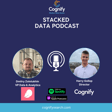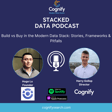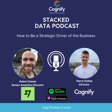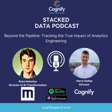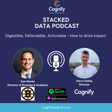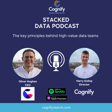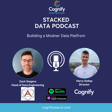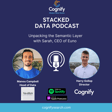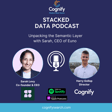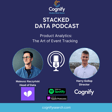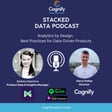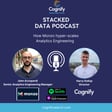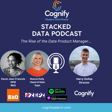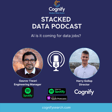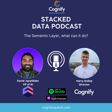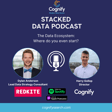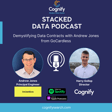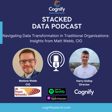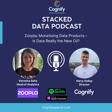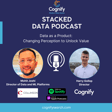
036 - From Meta to Statsig: Driving Business Impact Through Experimentation
This week, I’m joined by Timothy Chan, Head of Data at Statsig.
Tim has a fascinating background — he started his career as a scientist developing life-saving drugs before pivoting into data. He went on to become a Staff Data Scientist at Meta and now leads the data function at Statsig, one of the world’s leading experimentation platforms, recently acquired by OpenAI.
In this episode, we dive into the power of experimentation and how Meta embedded it into every aspect of product development.
We unpack:
⚙️ What great experimentation really looks like
🏗️ How to build a world-class experimentation function
💬 How data teams can use experimentation to influence business decisions
⚖️ The balance between speed, rigour, and impact
👥 Why stakeholder collaboration is the true differentiator of high-performing data teams
Tim shares brilliant insights from his time at both Meta and Statsig — including how to think about experimentation as a cultural capability, not just a technical one.
If you care about driving real business impact with data, this is a must-listen.
